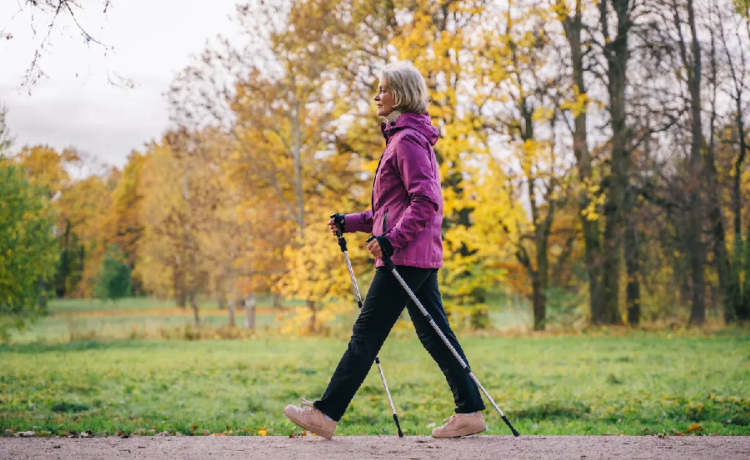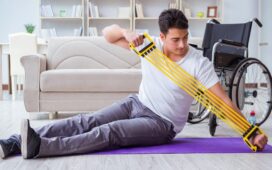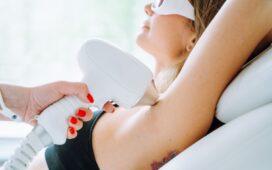Walking is one of the physical activities most practiced by people. It is a widely used aerobic exercise, either as a means of preserving health and body weight or because of the facilities and amenities it offers: it has no cost; requires very little equipment; does not involve major risks and can be easily regulated in intensity. However, and perhaps for this very reason, most people never worry about how it can be optimized to produce its best effects and avoid its most common risks.
Walking is the accelerated reproduction of the natural act of walking that is part of the repertoire of natural physiological activities since childhood and therefore does not need any special learning. It is an excellent alternative for all those people who are not into any form of sport or physical activity and should be done from an early age, although younger people are usually involved in studying, working, raising children, etc. and they don’t always have time to walk regularly every day. Walking produces benefits equivalent to those provided by swimming or cycling, for example.
How To Prepare For The Walk?
First of all, it is necessary to have a medical evaluation that outlines your health /disease profile and determines what characteristics your walk should have.
Wearing light clothing and proper footwear are essential requirements. Clothing should be comfortable and footwear should have an impact-absorbing sole. Power is another very important requirement. One should not walk without being fed, as the body needs nutrients to activate the muscles and if they are not properly supplied the person can start to deplete their organic reserves.
But if you want to eat something before the walk, prefer fruit, juices, and fruit smoothies, which are “lighter” foods. Likewise, the intake of at least two liters of water, distributed before, during, and after exercise is very important to compensate for losses incurred during exercise. Stretching should also be considered of fundamental importance and should be practiced both before and after walking.
A doctor should be consulted if, after a walk, a person feels dizzy, excessively fatigued, sweating heavily (sweating does not always mean losing weight or exerting more), an irregular heartbeat, shortness of breath, or chest pain.







